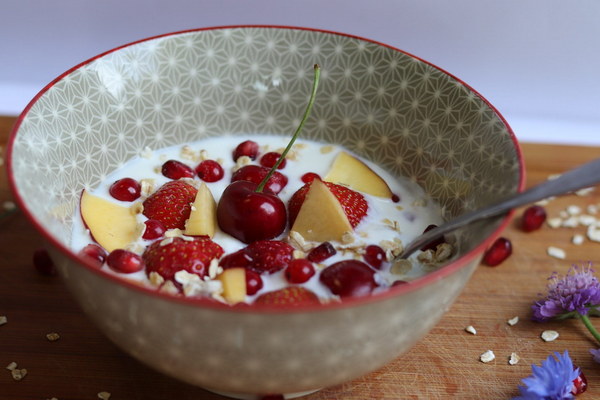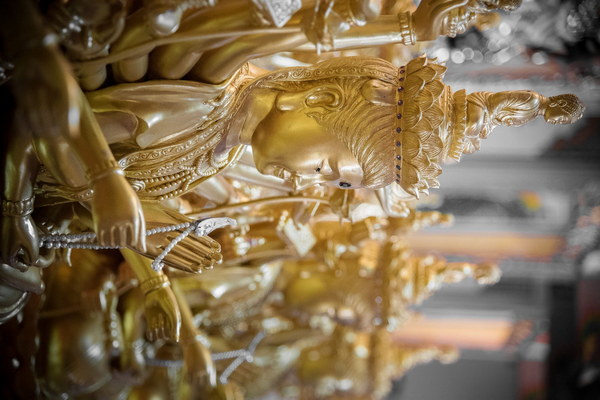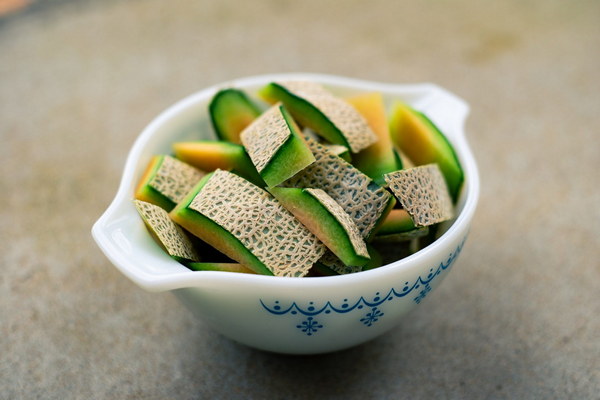Boosting Your Qi and Spleen-Ren Health Discover the Medicines That Can Help
In traditional Chinese medicine (TCM), maintaining a healthy balance of Qi (vital energy), Spleen, and Ren (kidneys) is essential for overall well-being. These three vital components work together to ensure that the body functions optimally. When these systems are weakened, it can lead to various health issues. This article will explore the medicines commonly used in TCM to replenish Qi, Spleen, and Ren, providing you with valuable insights into enhancing your health naturally.
1. Qi tonics
Qi tonics are used to boost the body's vital energy, which is crucial for maintaining physical and mental health. Here are some commonly used Qi tonics:
a. Ginseng (Ren Shen)
Ginseng is a well-known herb in TCM, renowned for its ability to enhance Qi and improve overall vitality. It is suitable for individuals with weak Qi, fatigue, and weakness. Ginseng can be taken in various forms, including raw, powdered, or as a tea.
b. Astragalus (Huang Qi)
Astragalus is another popular Qi tonic, known for its immune-boosting properties. It is beneficial for individuals with weakened immune systems, frequent colds, and fatigue. Astragalus can be consumed as a tea or in combination with other herbs.
c. Codonopsis (Dang Shen)
Codonopsis is a versatile herb that can replenish Qi, nourish the blood, and improve digestion. It is suitable for people with chronic fatigue, weakness, and poor appetite. Codonopsis is often used in combination with other herbs in TCM formulas.
2. Spleen tonics

The Spleen is responsible for transforming food into nutrients and transporting them throughout the body. Spleen tonics help strengthen the Spleen function and alleviate associated symptoms. Some common Spleen tonics include:
a. Atractylodes (Cang Zhu)
Atractylodes is a traditional Spleen tonic, known for its ability to improve digestion, enhance appetite, and strengthen the body. It is beneficial for individuals with poor digestion, bloating, and abdominal pain.
b. Bupleurum (Chai Hu)
Bupleurum is used to treat Spleen Qi stagnation, which can lead to symptoms like fatigue, irritability, and mood swings. It helps to regulate Qi flow and improve overall Spleen function.
c. Poria (Fu Ling)
Poria is a potent Spleen tonic that can help with fluid retention, bloating, and fatigue. It is often combined with other herbs to enhance its effectiveness in TCM formulas.
3. Ren tonics
The Ren, or kidneys, are responsible for storing vital essence and governing growth, development, and reproduction. Ren tonics help to strengthen the kidneys and alleviate associated symptoms. Some popular Ren tonics include:
a. Cistanche (Cistanche Deserticola)
Cistanche is a well-known Ren tonic, known for its ability to enhance fertility, improve sexual function, and increase energy levels. It is suitable for individuals with kidney weakness, fatigue, and weakness.
b. Epimedium (Huang Shi)
Epimedium is another Ren tonic that can boost sexual function, enhance fertility, and improve overall well-being. It is commonly used in TCM formulas for kidney weakness and sexual disorders.
c. Cornelian cherry (Shi Wu)
Cornelian cherry is a potent Ren tonic, known for its ability to enhance bone and joint health, improve sleep, and increase energy levels. It is suitable for individuals with kidney weakness, fatigue, and weakness.
In conclusion, TCM offers a variety of natural medicines to help replenish Qi, Spleen, and Ren. By incorporating these herbs into your daily routine, you can enhance your overall health and well-being. However, it is crucial to consult with a qualified TCM practitioner to determine the most suitable treatment plan for your specific needs. Remember that TCM is a holistic approach to health, and it is important to address the root cause of any health issues rather than just the symptoms.









